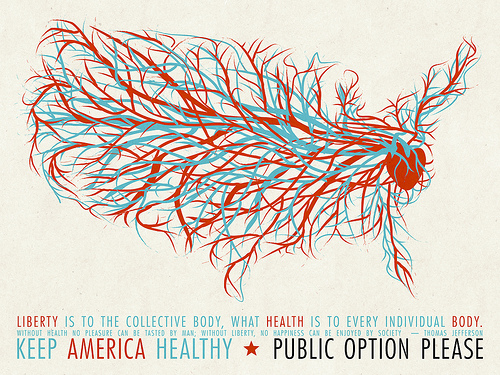Jason Zweig has an article in the WSJ “Intelligent Investor” section in which he says that sixty percent isn’t much better than a coin flip. He needs to learn some probability and statistics. You can make good money with odds like that, especially if you get hundreds of coin flips.
The article is about whether it does any good to hire a top-notch CEO to turn a company around. It’s important to get these things right, because CEO compensation is under attack by the Obama administration these days. The article doesn’t say anything specifically about that. However, it does use as a context the new CEO that GM needs to bring in.
Here is the weird paragraph:
If you took the CEOs with the best track records and brought them in to run the businesses with the worst performance, how often would those companies become more profitable? According to economist Antoinette Schoar of Massachusetts Institute of Technology’s Sloan School of Management, who has studied the effects of hundreds of management changes, the answer is roughly 60%. That isn’t much better than the flip of a coin.
I’m actually surprised that it works 60 percent of the time. I would have guessed a much smaller number. If those odds are correct, all the more reason for the Obama administration to quit trying to control wages and prices.
[Late note: The Zweig article seems to appear in more than one place on the WSJ web site. And at this one, a couple of people made the same point I did about 60 percent being a lot better than a coin flip.]

